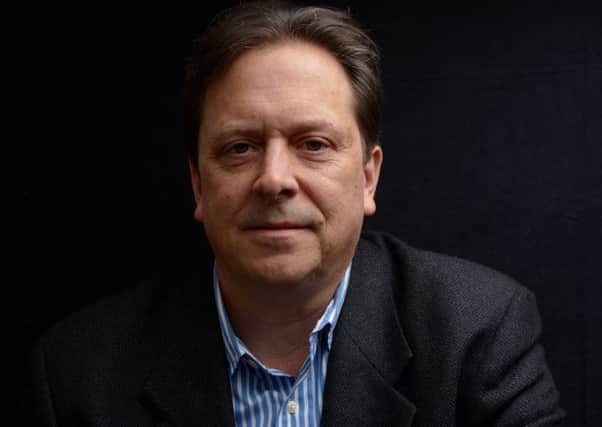Book review: The Ghost - The Secret Life Of CIA Spymaster James Jesus Angleton, by Jefferson Morley


Chastened, Angleton developed links with J Edgar Hoover’s FBI and then set up the CIA’s own counterintelligence unit, whilst at the same time firming up relationships with Israel’s intelligence services, the Mossad and Shin Bet, as he admired their operational techniques and saw how useful their knowledge of the Middle East, Europe and the Soviet Union could be. Meanwhile, his Counterintelligence Staff had started seeking out and monitoring “un-American activities”, including starting up an illegal mail surveillance programme. Later, still raw over the Philby case, he was convinced that the Soviets had moles in the CIA itself, and this obsession became deeper when Philby himself defected in 1963.
All this is well known, and has been covered in earlier books which Morley has read as part of his research. What he adds are intriguing observations on “the deep state: military, intelligence and government officials who secretly try to manipulate government policy”, and on the investigations into the activities of CIA officers (serving and retired) following President Kennedy’s assassination, the Watergate break-in and President Nixon’s resignation.
Advertisement
Hide AdAlso added are hints that in the mid-1960s Angleton turned a blind eye to evidence that enriched uranium was going missing from a plant in Pennsylvania and ending up as the source for Israel’s nuclear weapons.
But important though all this is, more robust presentation and analysis of the evidence is needed. For example, the discussion of Lee Harvey Oswald makes no mention of declassified Russian sources which show that prior to JFK’s assassination, the Soviets warned the Americans about Oswald’s visits to their embassy in Mexico City, and were genuinely worried about the stability of the man who had previously defected to the Soviet Union. Morley has also failed to check other information from outside the US, such as his incorrect statements that young American OSS officers were trained at Bletchley Park and that Harrow is a “prep” school.
These errors may have been the result of a rush to get The Ghost into print to coincide with the centenary of Angleton’s birth, but they undermine the authority of the book, as does Morley’s failure to deal with newly declassified documents relating to the Kennedy assassination and President Trump’s recent decision to move the US Embassy in Israel to Jerusalem.
The Ghost - The Secret Life Of CIA Spymaster James Jesus Angleton, by Jefferson Morley, Scribe, £20